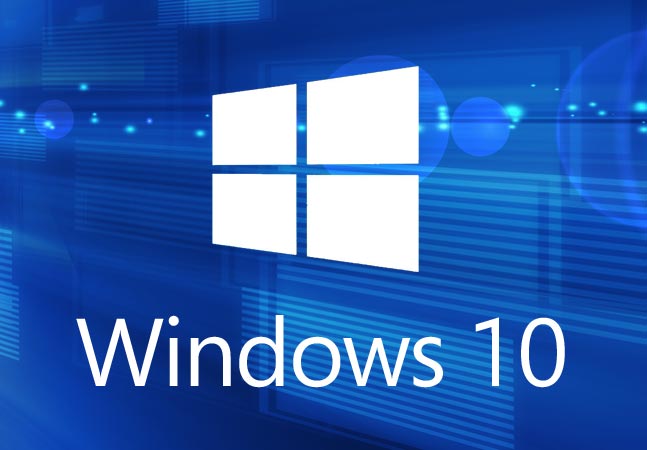News
Sneak Peek at Microsoft's Mobile Experience Reboot
Microsoft's Kevin Gallo shows off Windows 10 and the Universal Apps platform at Barcelona mobile event.

The Mobile World Congress in Barcelona was the site of a public sneak peek at Microsoft's Windows 10 and the Universal Apps platform and "mobile experience" that Microsoft developers will seeing in full at Microsoft Build Conference at the end of April.
Kevin Gallo, Director of Windows Developer Platform at Microsoft, revealed details in a keynote address, encouraging developers to get the full details at Build next month.
"Windows 10 represents the culmination of our platform convergence journey with Windows now running on a single, unified Windows core," Gallo wrote in an accompanying blog post. "This convergence enables one app to run on every Windows device -- on the phone in your pocket, the tablet or laptop in your bag, the PC on your desk, and the Xbox console in your living room."
Windows 10 and Universal Apps can't come quickly enough for Microsoft, lagging far behind Apple iOS and Google Android in mobile app inventory and developer mind share.
Microsoft knows attracting developers to its platform is key, and one of the three main goals of the universal platform is "maximizing developer investments."
To that end, the company is somewhat extending its former "three screens" strategy, but now, -- instead of focusing on mobile devices, it's focusing on the "mobile experience" across many more than three screens.
The Universal Apps platform will help developers build an "adaptive UX" that changes according to user interactions and the capabilities of the device being used, for a "contextually appropriate" experience with changing screen layouts and user controls.
"Windows 10 will determine, at run time, how the customer is interacting with your app and render the appropriate user experience (for example, on a laptop with a touchscreen, an app fly-out control will provide larger touch-targets if tapped with touch, as opposed to clicked with a mouse)," Gallo said.
Natural user inputs -- speech, gestures and even where a user looks -- and cloud-based services providing push notifications, credentials, the Cortana artificial intelligence assistant, storage and so on are also part of the equation.
For the Web devs, Windows 10 provides new capabilities to treat Web sites like apps, packaging them for inclusion in the Windows Store and allowing for interaction with Universal APIs via JavaScript calls. A new rendering engine and the "Project Spartan" browser were also detailed.
While Microsoft is aiming for code reuse in Universal Apps for devices within the Windows ecosystem, one reader asked whether the "write once, run anywhere" approach will be extended to other OSes so developers can also target iOS and Android projects.
In response, Microsoft's Cliff Simpkins noted that the company supports cross-platform development in many ways and continues to work on technologies for this such as Unity, Xamarin, Cordova and several others. "As we're still in process of building out the platform, it's too early to fully comment on what those onramps will look like, but we're looking forward to having the discussion starting with Build."
Gallo encouraged developers who can't attend the Build conference to tune in to live streaming of event keynotes or next-day recorded sessions.
The Microsoft positioning of Windows 10 and the Universal Apps platform before the Build conference comes more than five years after this site announced "Microsoft Revamps Mobile Strategy with Windows Phone 7."
"Looking to defy critics who say that its days are numbered in the rapidly growing smartphone market, Microsoft Monday launched an ambitious new mobile platform that is a major departure from its existing Windows Mobile offering," we wrote at the time.
Now, the stakes are even higher as Microsoft revamps its revamp. Stay tuned for more details next month.
About the Author
David Ramel is an editor and writer at Converge 360.